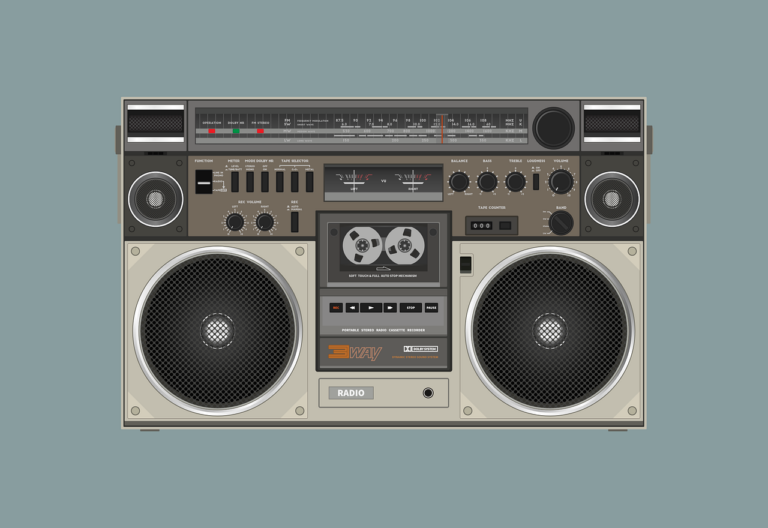You must have seen the symbol ‘©’, or the word ‘copyright’, or the line ‘All rights reserved’, when you purchase music from a platform. But have you ever thought about what rights these words and symbols give to the copyright holder?
Well, a copyright protects the owner/creator of the music from plagiarism, preventing others from copying his/her work and selling it as their own. So, if you are planning to use music that has been copyrighted, you would have to obtain a license first from the copyright holder, which generally involves a lot of money.
Music is made up of a lot of elements, such as composition, mixing, mastering, and so on. So, you must be thinking about what elements are protected under copyright. Here is an article to clear all of your doubts of what copyright protects and how to make use of copyrighted music:
Composition vs Master Recording
The most common question in the minds of artists and musicians is whether there is a difference between composition music and master recording. To give a direct answer, yes, there exists a difference between composition and master recording.
The most fundamental difference between the two is the rights owner. Where a musical composition is owned by composers, publishers, musicians, and songwriters themselves, the master recording is generally owned by record labels who funded the recording, artist, or performer.
Another major difference lies in their meaning itself! A composition is an amalgamation of rhythm, melody, lyrics, and harmony, where the melody and the lyrics are the most heavily protected under copyright laws. On the other hand, a master recording is an audio recording that has been made for the final commercial release.
How to Use Copyrighted Music?
Using copyrighted music involves a lot of paperwork and also a lot of money. In the eyes of the law, composition and master recordings are two different things. If you plan to use another artist’s composition for commercial purposes, you would have to give credit to that artist and pay them. That’s all!
However, in the case of using a master recording for commercial purposes, it’s a whole different thing. You would first have to obtain permission from the owner by getting into an agreement with the label. And again, this would involve heavy money, even more so than in the case of composition. The license obtained from the label could be for sampling, mixtapes, or covers.
What is sampling, covers, mixtapes, and fair use?
Sampling refers to a process of taking a part of music from another source (for instance, a song that already exists) and modifying and amending it to create a completely new song. This practice can invite a lot of trouble if the copyright music has not been authorized by the label.
For example, you sample a famous existing song and release it for commercial purposes without any prior permission. The copyright owner could sue you for copyright infringement and seek heavy damages for you. Hence, in the case of sampling, it is always better to be safe than sorry, and clear all legalities!
Covers or cover songs have recently become popular on YouTube, and chances are you must have heard at least one cover in your life. A cover song is basically a reinterpretation of an existing song that has been created by an artist. Again, before making a cover, it is crucial to first obtain permission from the owner of the song.
Mixtapes have been around for decades, and are defined as a combination of different songs that have been taken from multiple sources. However, the rules of copyright also apply on mixtapes, which means before adding any song, prior permission needs to be taken.
Fair use is an exception that enables people to use copyrighted music for limited purposes, such as for educational and classroom use, news reporting, and parodies. However, it can’t be used as a substitute for the original or for commercial work.
Beatoven music- A haven for copyright-free music
Using copyrighted music involves heavy transactions, which for freshers in this field is not possible. Here is where copyright-free music enters the picture. These soundtracks can be used by anyone without landing him/her in troubled waters. You must be thinking about where to find this type of music? The answer is clear- on Beatoven music! Powered by AI, this platform enables you to create your very own royalty-free music with no strings attached. So, if you are looking to add music to your videos that don’t involve any copyright, visit Beatoven music!

